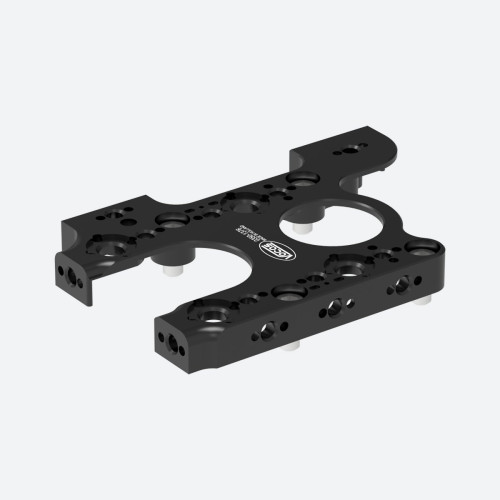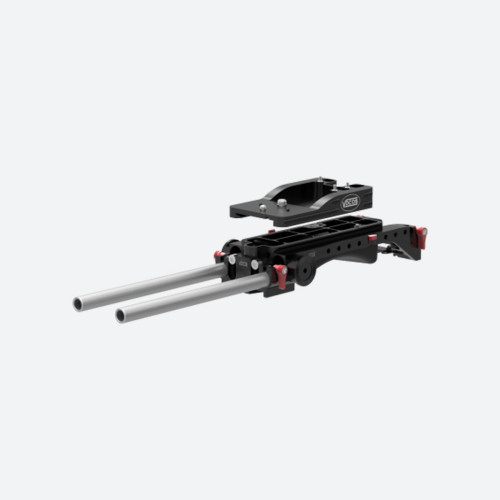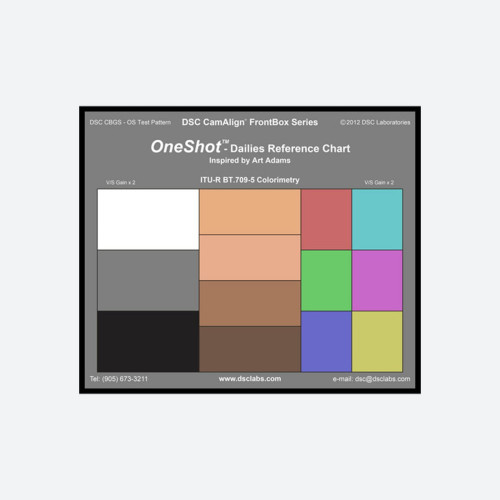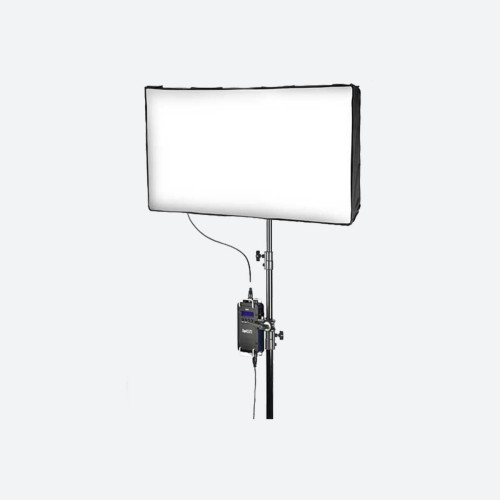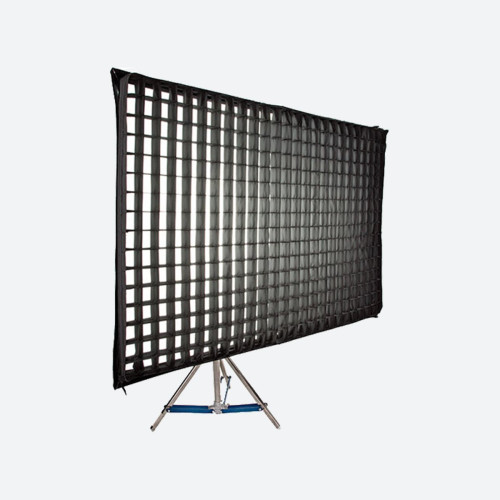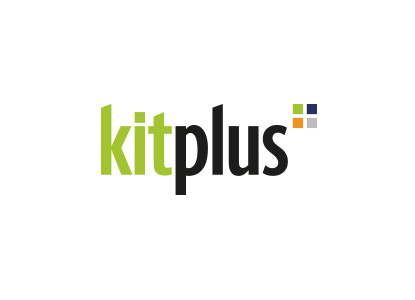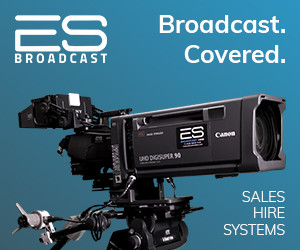by Thomas Dove Issue 98 - February 2015
"A stitch in time saves nine\" is an old saying: essentially it is saying fix a small problem now and it will save fixing a much bigger problem later. This applies in many areas - including broadcast. Kicking the error can down the road costs a lot more to fix the problem, particularly for audio and video files - but it doesn\'t have to.
In the electronic engineering world, of which I am a native son, it\'s a generally accepted rule of thumb that any error introduced at an early stage is compounded, in terms of noticeability and costs to repair, by a factor of 10 each step of the way. It doesn\'t take much imagination to understand that those errors can be crippling and time consuming in pretty short order.
Basically, the principle is that at every successive stage that you find and fix an error, it costs you 10X more to repair it than it would have done at a previous stage. For example, let\'s say you\'re designing a disc drive and you find and fix a problem in the design stage by slightly altering the design. That\'ll cost you, for simplicity\'s sake, a tenner. If you miss that error and later find that you have to alter your production process to accommodate the error, it may cost you £100 to make that change. If you miss the error in the production process and the drives go out for distribution to arrive on stock room floors and high street shelves, and start getting sent back for repair, you can count on £1000. Even worse, if you\'re proudly installing one of your drives at a customer site and it fails because of some pesky little glitch introduced at the factory, well, it\'s hard to put a price on the damage to your reputation and, by default, future sales.
A parallel to this scenario can be drawn in acquiring and handling video and audio content. There\'s a price, sometimes a steep one, for not catching errors at acquisition and ingest, so the earlier you can find and fix a problem the better.
Suppose you\'re doing an edit and the audio levels are too high. If you\'re correcting it in the original edit by doing a quick level check to normalise the audio, fair enough. You\'re done. But if you\'ve rendered out the finished product and sent the content from post production company to broadcaster with levels that were too high, traditional manual fixes are going to cost you a lot more because now you have to transcode it, and the broadcaster has to ingest to their editor so someone can spend painstaking hours finding and fixing the error - or errors - as well as making sure that other errors haven\'t crept in during the repair process, which manual processing at latter stages often does.
If the content has made its way to a video server, and you realise at that stage that there\'s a problem, then it has to be bounced right back to the beginning again for further aggravating, and costly, checks and remedies.
Those costs add up quickly. The bottom line is that the longer those errors are left to fester and, in some cases, multiply, the more it costs to fix them. Stopping the bleeding is the best reason for fixing files early. Fortunately, there\'s a way to automatically put the brakes on error, and cash, haemorrhage.
Vidchecker, with its patented auto-correction process, is now used by nine out of 10 organisations delivering content in the UK to automatically fix file errors before they are sent out by the post house or by the content receiver at ingest, which means that those errors no longer propagate through the subsequent production and transmission chain, saving those multiples of 10 costs that can so easily escalate.
OK, maybe only five percent of your files will have problems, but that five percent will require 80 percent of your time to fix - if you do it manually. It\'s a bit "pay it now or pay it later\" but paying to automatically fix that five percent of errors early on costs a lot less than fixing them later, which has an interest rate similar on the error prone file loan you\'ve just taken out that\'s going to take 80 percent of your time to sort out.




